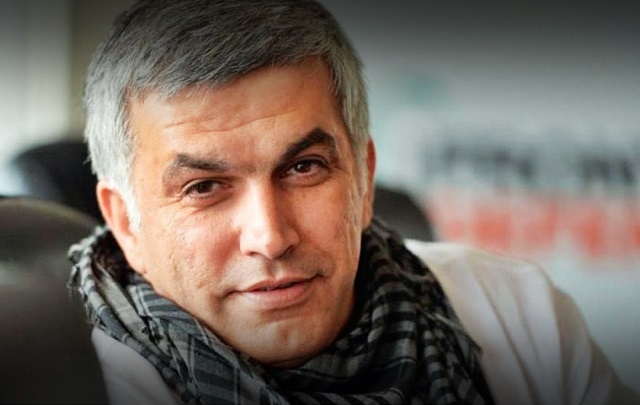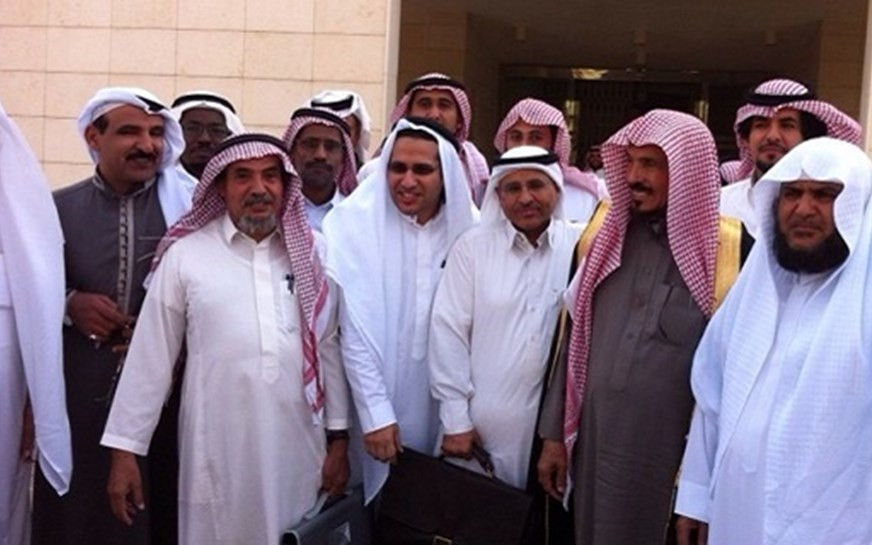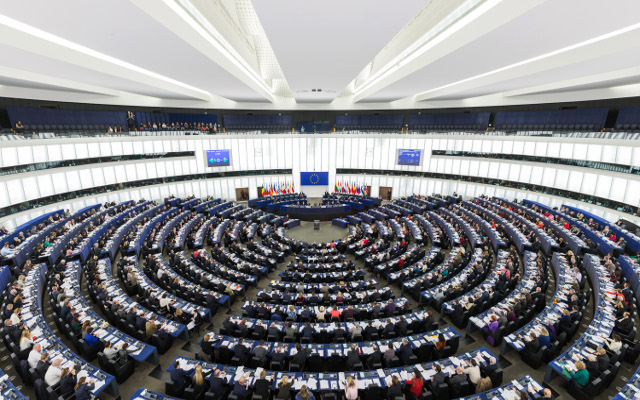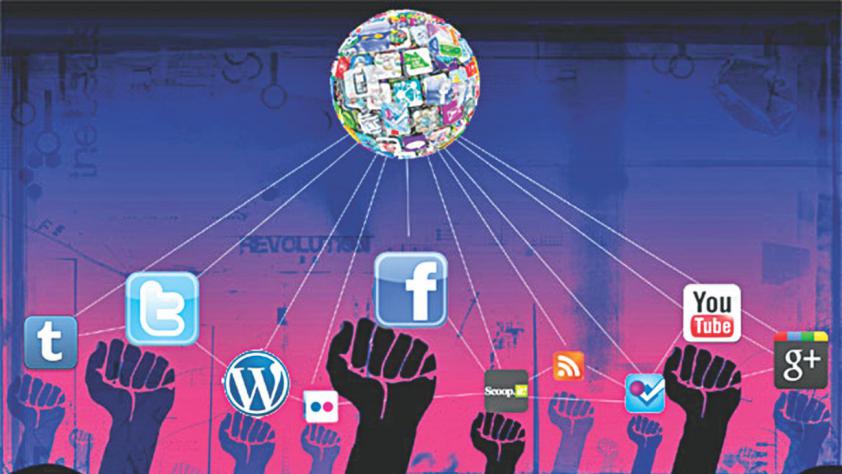Tomorrow, 12 July 2016, the trial of the prominent human rights defender Nabeel Rajab begins. Facing charges related to comments on the social media website Twitter, Rajab may be sentenced to more than ten years in prison. We, the undersigned NGOs, hold the government of Bahrain responsible for the deterioration of Rajab’s health due to[…]
In March 2013, the Saudi government forced the Saudi Arabian Civil and Political Rights Association (ACPRA) to close. ACPRA was a prominent human rights organization, and one of the few independent civil society organizations in the country. On 29 May 2016, the government’s Specialized Criminal Court (SCC) sentenced ACPRA’s last free co-founder, Abdulaziz al-Shubaily, to[…]
On 29 June 2016, various internet users in the United Arab Emirates (UAE) reported that Middle East Eye, an online news organization, was blocked by Emirati authorities. Internet users in the country receive the following official message when attempting to visit the website: “Access to this site is currently blocked.” Middle East Eye notes that[…]
08 July 2016 – Brussels, Belgium – Yesterday, the European Parliament adopted, with a large majority, a resolution condemning recent human rights abuses performed by Bahraini authorities, and strongly called for an end to the ongoing repression against the country’s human rights defenders, political opposition and civil society. Members of the European Parliament (MEPs) called for[…]
Cyberactivists, those who organize, document or participate in political protests and social movements through online communications, played a large role in the Arab Spring uprisings of 2011. The widespread use of social media websites, including Twitter and Facebook, allowed citizens abroad to shed light on the practices of oppressive governments in the Middle East and[…]








